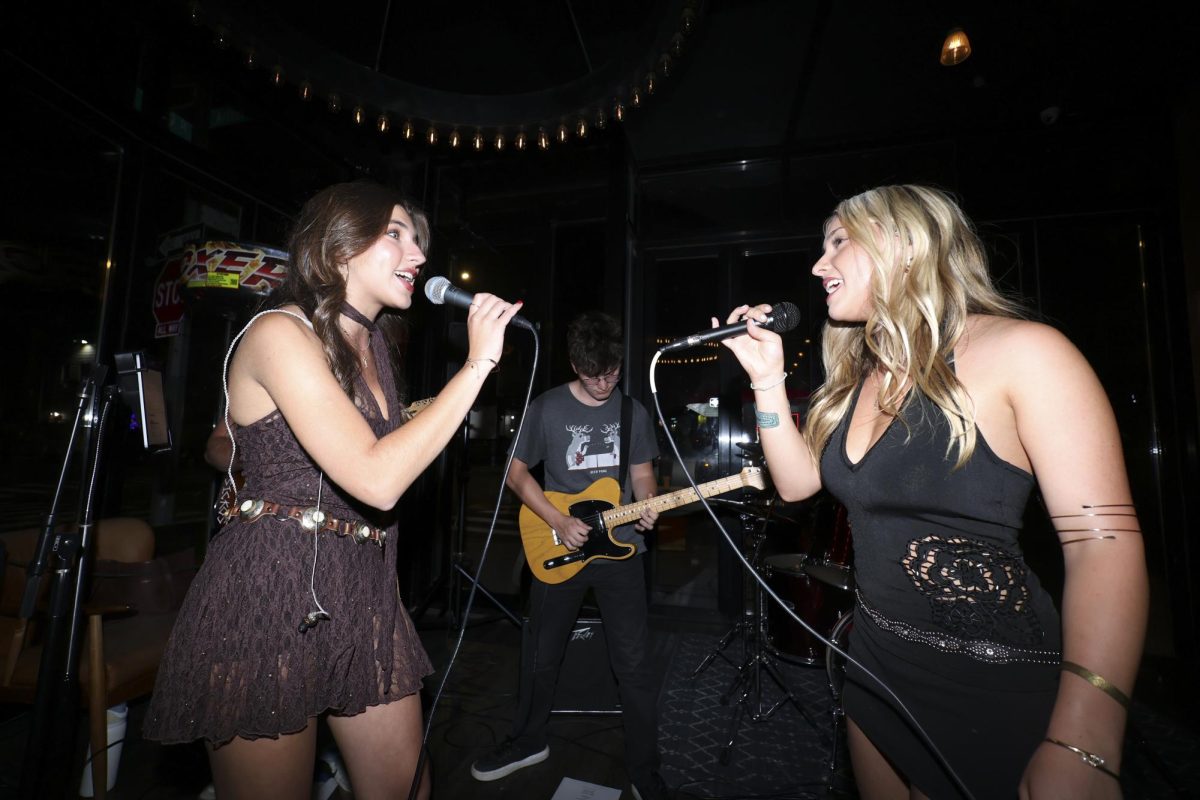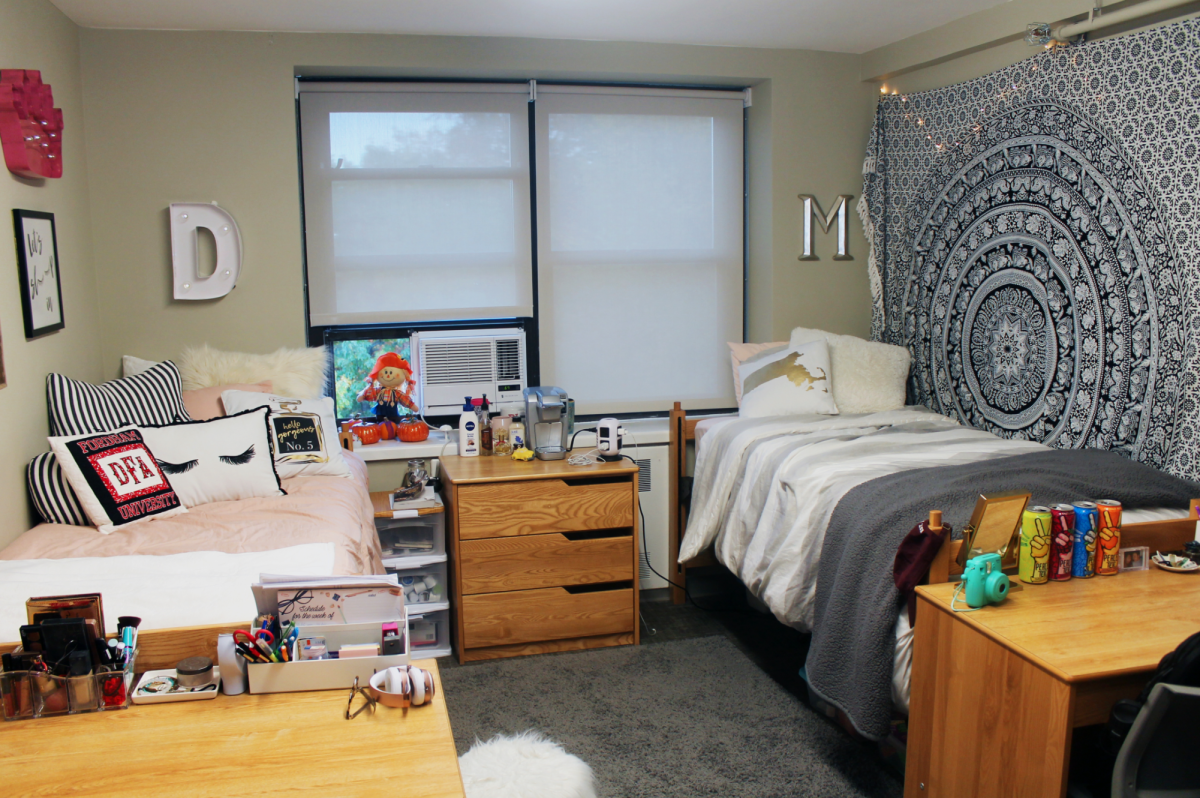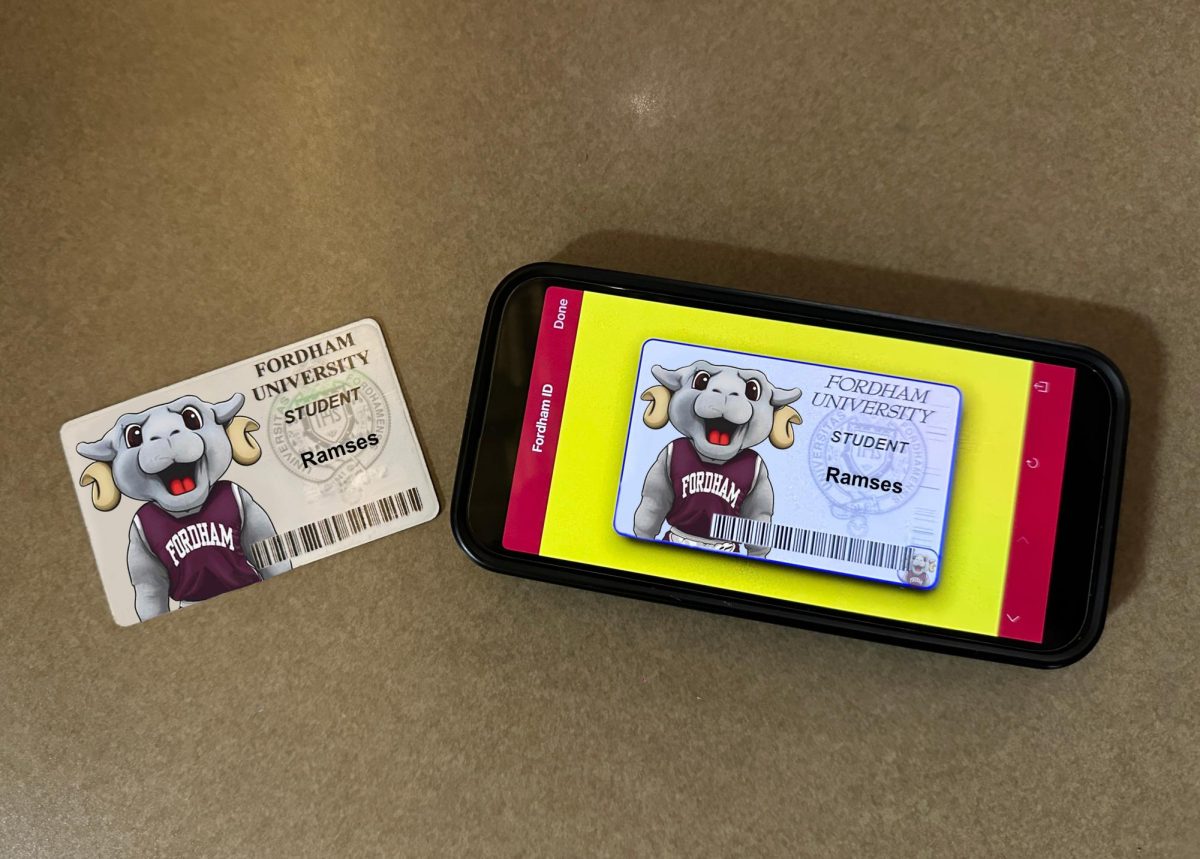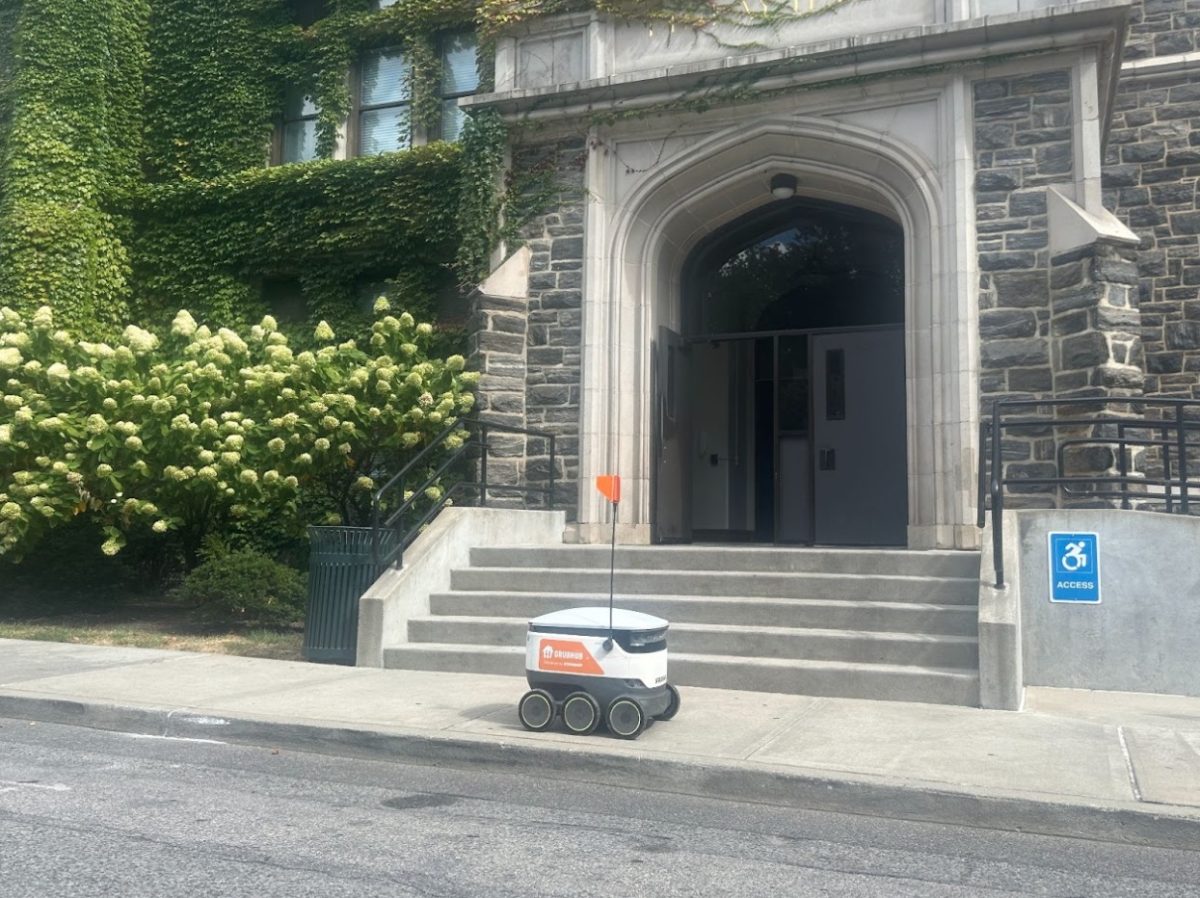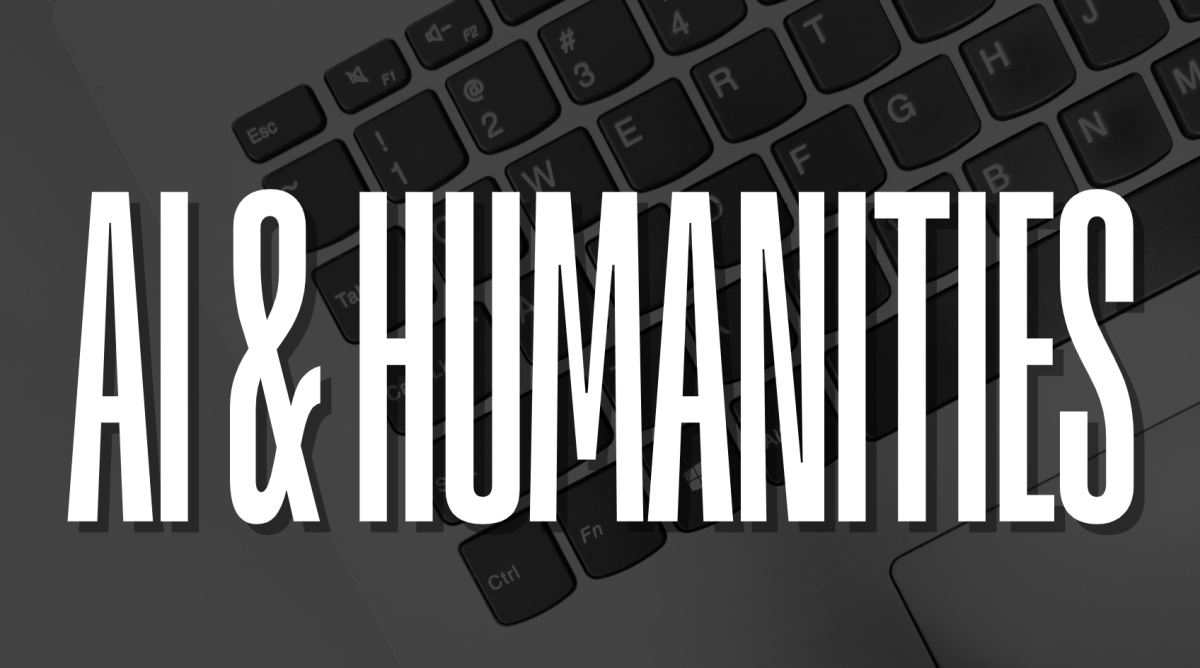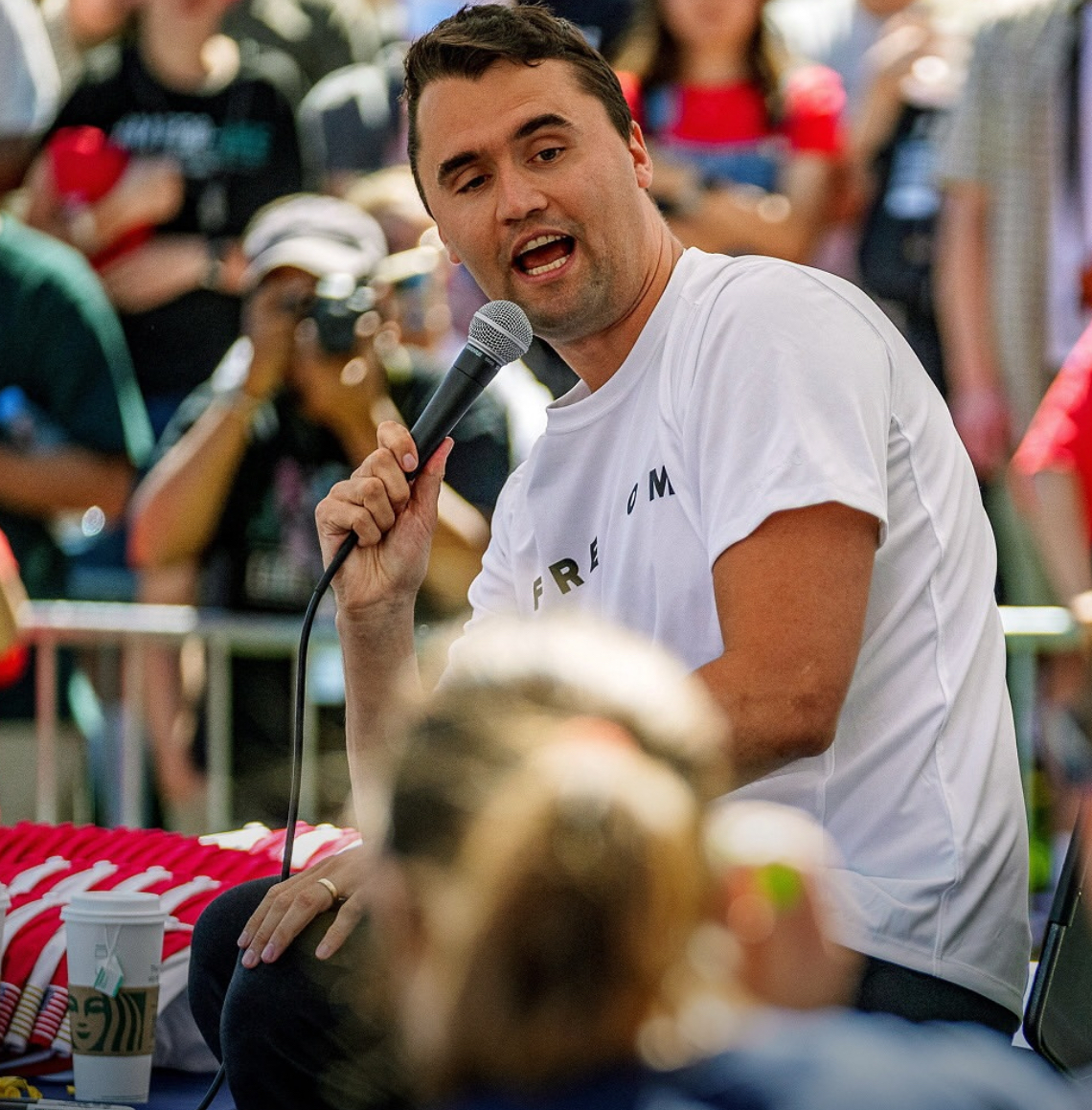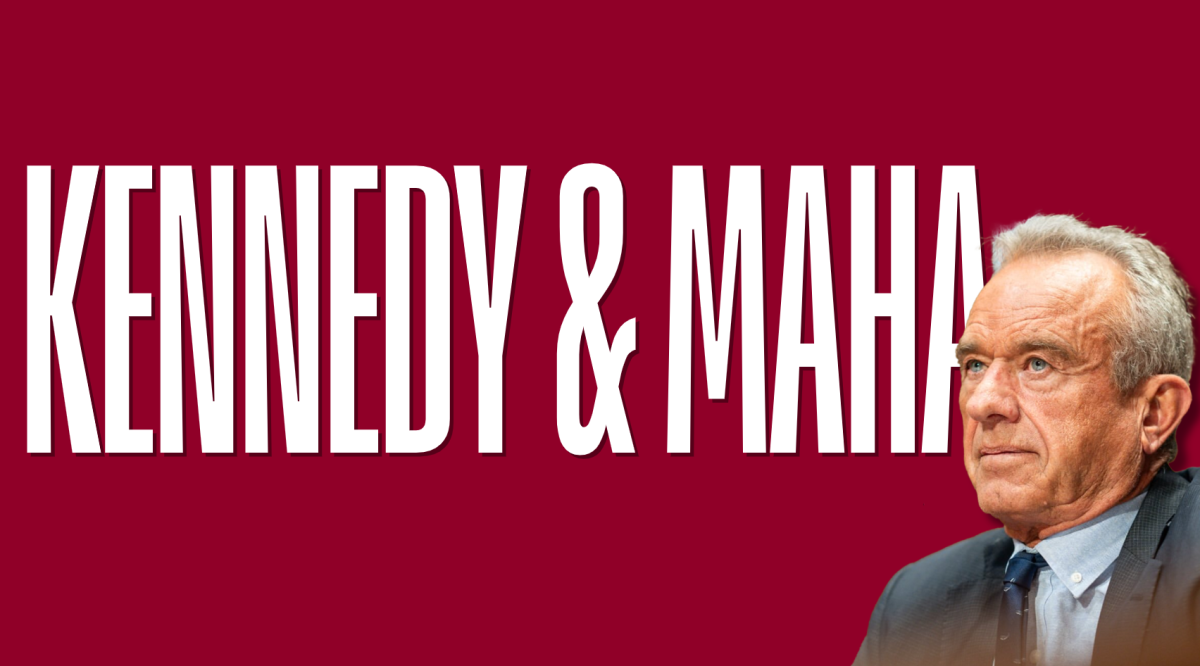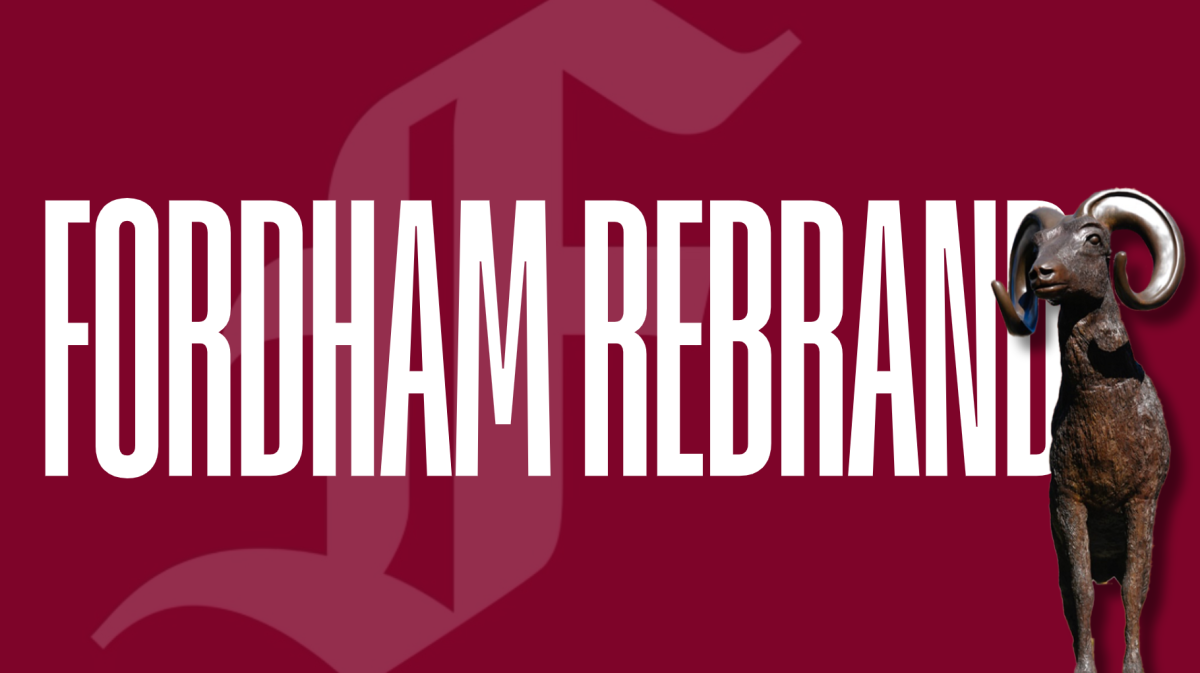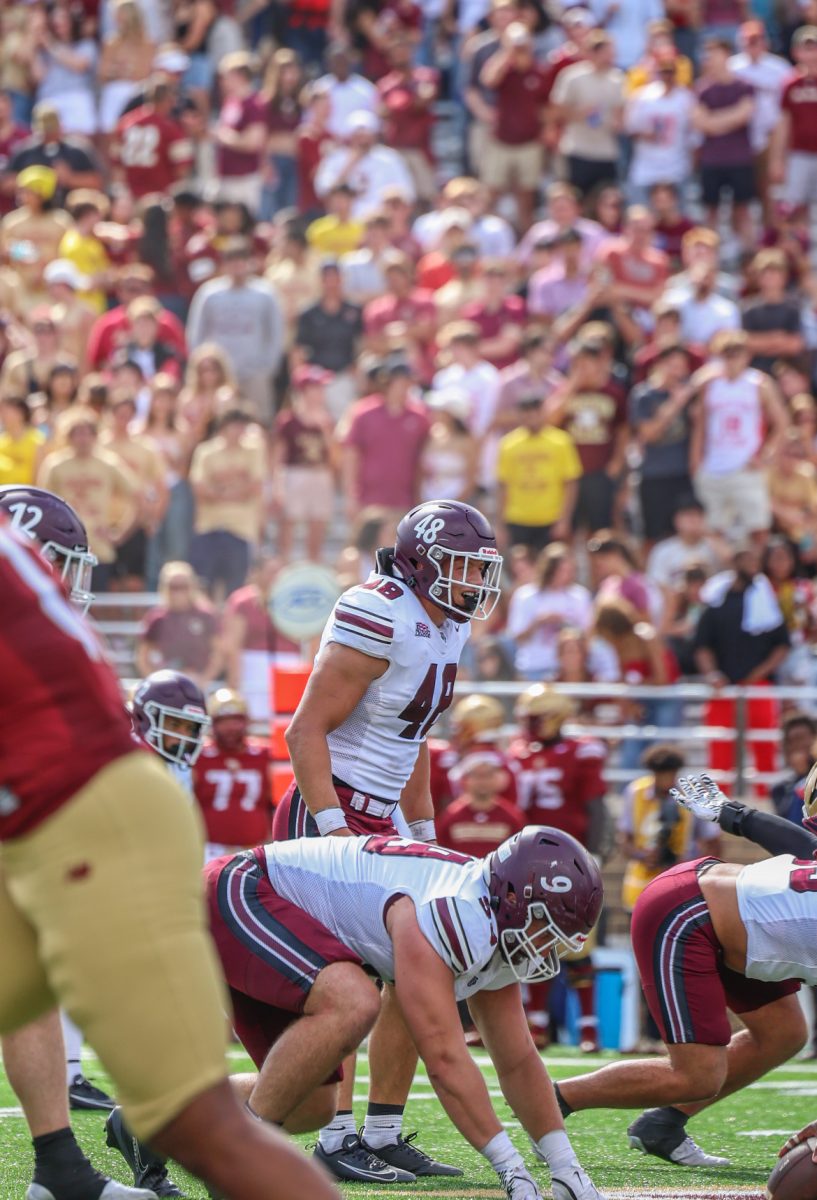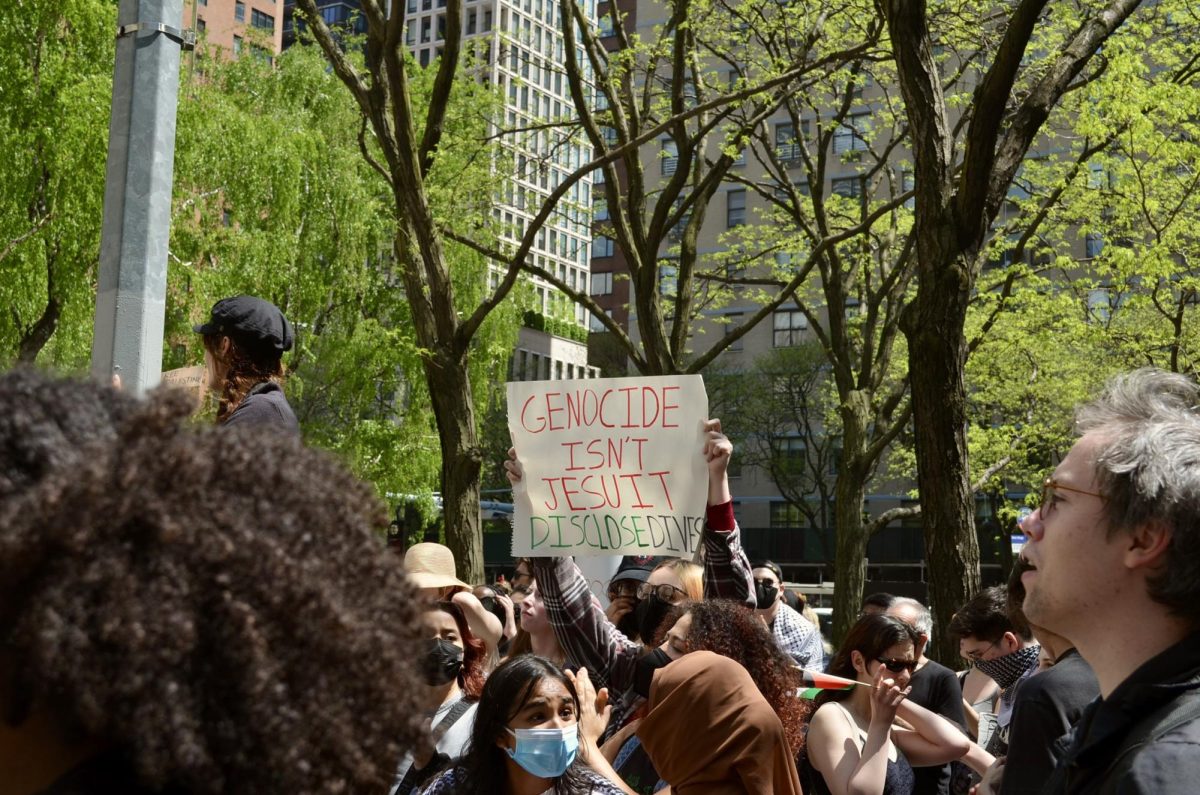As the campus protest movement for justice in Palestine gained momentum at Fordham University, administration has responded with violence, suppression and misinformation. As a group of Fordham social work students, we want to point out that protest and social justice efforts are in line with Fordham’s Jesuit values, and are a core part of our social work education. Additionally, our values as social workers, outlined in the National Association of Social Workers (NASW) Code of Ethics, state our responsibility to fight for social justice wherever we see oppression.
Fordham administration quickly called the police as the protests began. Across the country, police have brutalized, harassed, intimidated and beaten students who were simply exercising their free speech rights. After witnessing the violent removal of protestors by the New York Police Department (NYPD) at Columbia University, the fact that the administration chose to rely on this same notoriously violent police force unnerved many in our community. For weeks, students were forced to pass through hoards of police, barricades and security personnel just to reach their classrooms. For students of color, vulnerable populations and others who have had negative interactions with police, it wasn’t the protests that made them feel unsafe — it was the NYPD. As students, we are encouraged to utilize our fundamental rights, such as voting and free speech. If we cannot protest without the threat of police violence, our free speech is limited.
Following the May 1 demonstration at the Lincoln Center campus, President Tania Tetlow emailed the entire Fordham community. In her email, she made comments such as, “Outside of Lowenstein, hundreds of protestors came from elsewhere,” which spread the incorrect notion that those protesting were not members of our community. This has been proven to be false, as it was revealed that of the 15 people arrested, 11 were Fordham students and four were Fordham alumni. In reality, the only outsiders at that protest were the police. The trope of the outside agitator is an often racialized claim that leaders have been using to delegitimize demands and squash dissent for centuries. Claiming protestors are outsiders is also used to justify violent forms of repression, an action that, in reality, is an unjustifiable response to a protest.
Additionally, by focusing on the protestors’ tactics, the email deflects from the substance of the protest. In her email, Tetlow writes, “There is a difference between free speech and people barging into your home to shout.” Fordham is our home as well; many students live full-time on its campus and we all pay to be part of this community. Students were protesting in our home to elevate the fact that nearly 2 million residents of Gaza have been displaced, and over 80% of their homes have been damaged or completely destroyed.
In her email, Tetlow seems more concerned with protecting property than with protecting students. She expresses concern over the glass windows of the building involved in the protest, saying, “The growing crowd outside banged on the glass so violently we worried they would break it.” Based on video evidence, there is no indication protestors were trying to break the glass. The president makes no mention of the role Fordham has in funding the ongoing genocide. Such statements represent an ignorance towards the severity of the crisis in Gaza, the very thing being protested.
Our goal is to remain focused on the crisis, but if there is so much concern over the protest tactics used, it must be noted that some of the greatest strides in our democracy were the outcomes of sit-ins, boycotts and protests. These sacrifices gave birth to improvements in our country, such as the Civil Rights Act, the Americans with Disabilities Act and protection for LGBTQ+ rights. Fordham students are changemakers. Protests are one of the ways we are fighting for a better future and making our voices heard.
Fordham itself has not always had such an adversarial relationship with student activism. In 1969, after a student protest and sit-in of the Dean’s office, Fordham listened to the demands of Black students and allies by starting the department of African and African American Studies, one of the first in the country to do so. Ironically, Fordham now celebrates this history of activism and its outcomes while simultaneously repressing current protest efforts.
Over succeeding decades, the legacy of listening to student demands has taken a turn. Fordham did not divest from South African apartheid, ultimately ignoring student pressure and the connection between finances and ethics. In 2015, Fordham further infringed on free expression with the prohibition of Students for Justice in Palestine from campus. Today, Fordham ranks among the worst colleges in the United States for free speech rights. Ultimately, we hope the administration is motivated by its commitment to Fordham’s values, but we must remind them that perpetuating Fordham’s reputation as an institution that silences free speech will only harm future prospects.
The best method to end student protest is not suppression, but rather a commitment to implementing student demands: publicly apologize for the inaccuracies you spread after the protest; disclose the school’s investments; divest from any entity involved, directly or indirectly, in the genocidal actions of Israel; and call for a ceasefire.
Fordham champions the phrase “Go forth and set the world on fire,” yet when the students strive to put that into practice by exercising their right to free speech, they say, “No, not that way.” A core tenet of Fordham’s values is “cura personalis” or “care for the whole person.” Instead of acting on this value when it mattered most, they had these brave students arrested and suspended.We cannot stand for these violent responses that betray the ethical standards that we are taught at Fordham. One of the six Jesuit values is “Forming & educating agents of change.” We are those agents of change, President Tetlow.
Ad Majorem Dei Gloriam,
Fordham University Graduate School of Social Work (GSS) Students for Justice in Palestine











